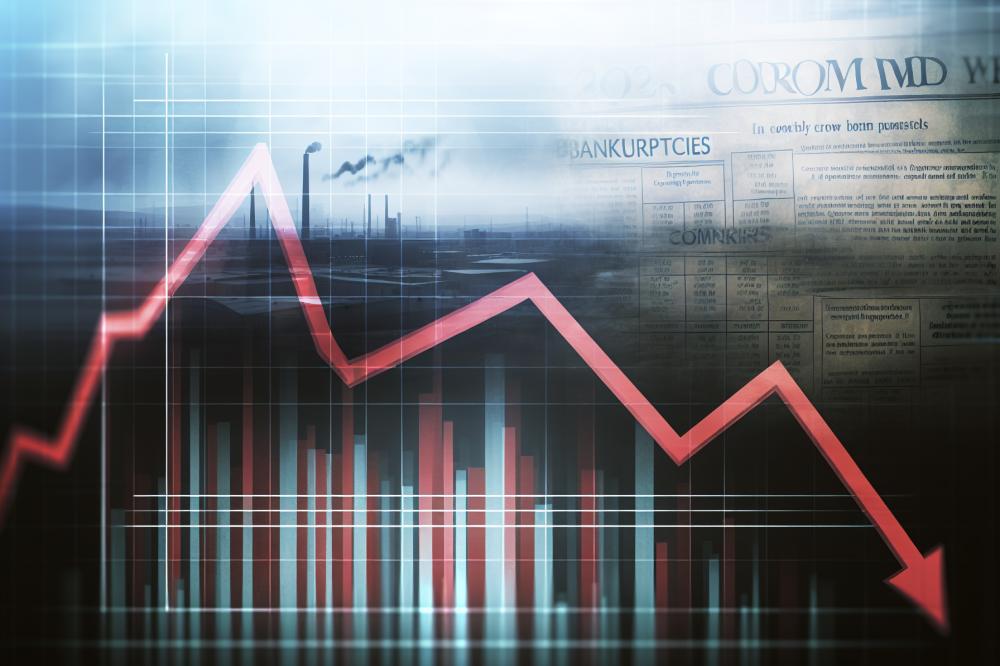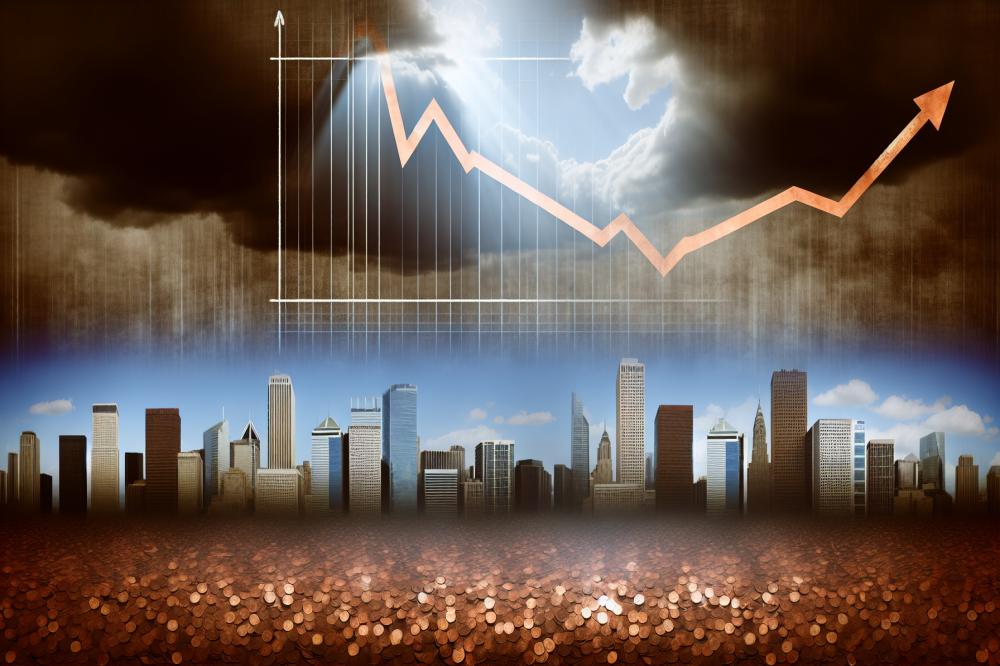As corporate bankruptcies in the United States surge to levels not seen since the pandemic, concerns about a looming recession have intensified. Industry analysts are paying close attention to the increasing number of companies that can’t meet their financial obligations. Many experts now fear that this might be the harbinger of broader economic challenges.
Financial instability has left businesses from various sectors struggling to stay afloat. With rising interest rates and dwindling consumer demand, many firms face a perfect storm. Additionally, these economic pressures have led to job cuts, contributing to higher unemployment rates. This unsettling trend is alarmingly reminiscent of the 2008 financial crisis, which left millions out of work and saw a similar spike in corporate failures.
Economic indicators show troubling signs. Declines in consumer spending often serve as a red flag for economic health. Some sectors, particularly retail and hospitality, have been hit especially hard. While large corporations like retail giants are scaling down operations, smaller businesses are closing their doors altogether. This not only affects the companies involved but also has a ripple effect on the communities they serve.
Investors are growing wary as well. Stock market volatility reflects the uncertainty felt across the board. Financial markets, ever sensitive to economic news, have reacted with increased caution. Some investors are shifting their portfolios to safer assets, underscoring the lack of confidence in a quick recovery.
Economic forecasts remain cautious. Institutions like the Federal Reserve stress the need for preparedness, warning that the worst might still be ahead. While some policymakers hope that targeted interventions can stave off a full-blown recession, others believe the situation requires more drastic measures. Regardless, the economic outlook remains precarious, with many waiting to see how the next few months unfold.
Read the full story by: fortune.com here





